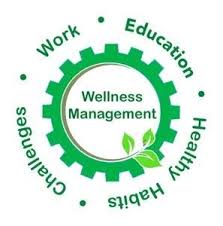The Role of the Wellness Manager in the Modern Workplace

In an era where well-being and quality of life are becoming central to both professional and personal spheres, a new role is dynamically emerging in the field of health and wellness: the Wellness Manager. This is a specialized professional who acts as a link between human needs and the best practices of holistic well-being.
What is a Wellness Manager?
A Wellness Manager is responsible for designing, implementing and evaluating wellness strategies and programs aimed at individuals (e.g. in luxury resorts or private wellness centers) or broader organizations such as businesses, hotels or institutions.
Their role is not therapeutic but rather guiding and coordinating. They combine knowledge from fields such as nutrition, physical fitness, psychology, stress management and workplace well-being.
Key Responsibilities:
- Development of comprehensive wellness programs based on the target population's needs.
- Collaboration with nutritionists, physiotherapists, psychologists and other specialists.
- Educating and supporting employees (in professional settings) in adopting a healthy lifestyle.
- Monitoring wellness indicators and evaluating the performance of programs.
- Communicating the wellness philosophy in a strategic, experiential and human-centered way.
Its Importance in Our Era
In businesses, the Wellness Manager acts as a catalyst for improving employee performance, creativity and psychological resilience.
In hotels, they turn the customer experience into something deeper than just a stay – into a journey of personal rejuvenation.
The modern Wellness Manager is not an "alternative therapist" but a strategic partner in designing and promoting a culture of well-being.
